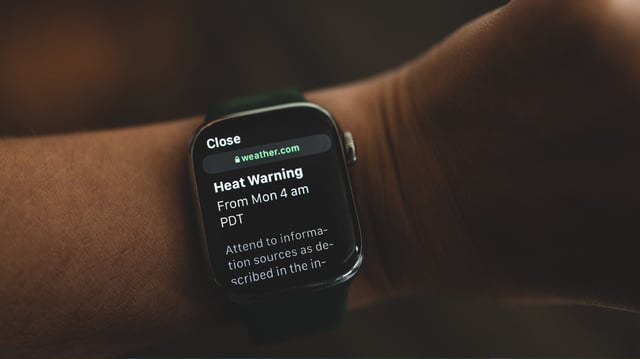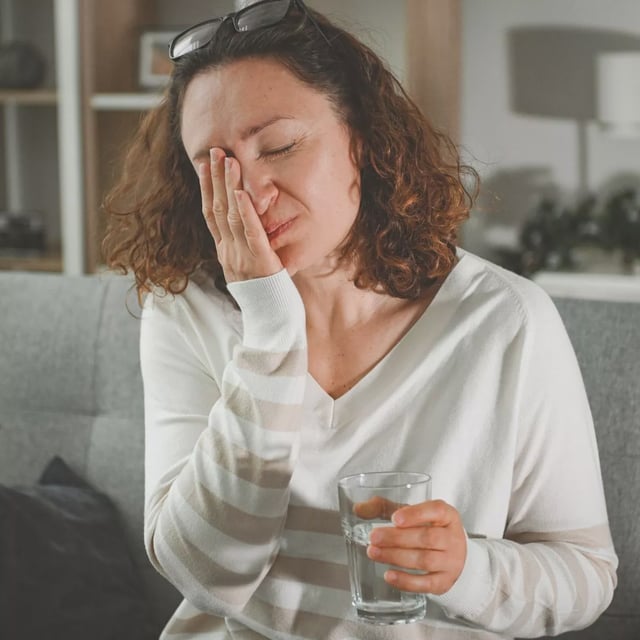Overview
- A heat index above 105°F poses dire risks as extreme heat causes more weather-related deaths than any other hazard and strains muscles, blood vessels, kidneys and brain.
- UTHealth Houston’s Dr. Hilary Fairbrother advises limiting outdoor time during high heat index days, drinking plain water—about 70 ounces daily—and taking shade or air-conditioned breaks.
- Stanford’s Dr. Matthew Strehlow recommends moving affected individuals to cool areas, applying evaporative cooling with damp cloths or mist sprays and calling 911 if mental status changes or no improvement occurs within 30 minutes.
- Recent research reported by Scientific American links heatstroke to insidious chronic harm in the kidneys, heart, brain and possibly the immune system even after apparent recovery.
- Infants, the elderly, pregnant women, outdoor workers and residents of poorly ventilated housing face elevated vulnerability and should receive targeted preventive interventions and community support.



